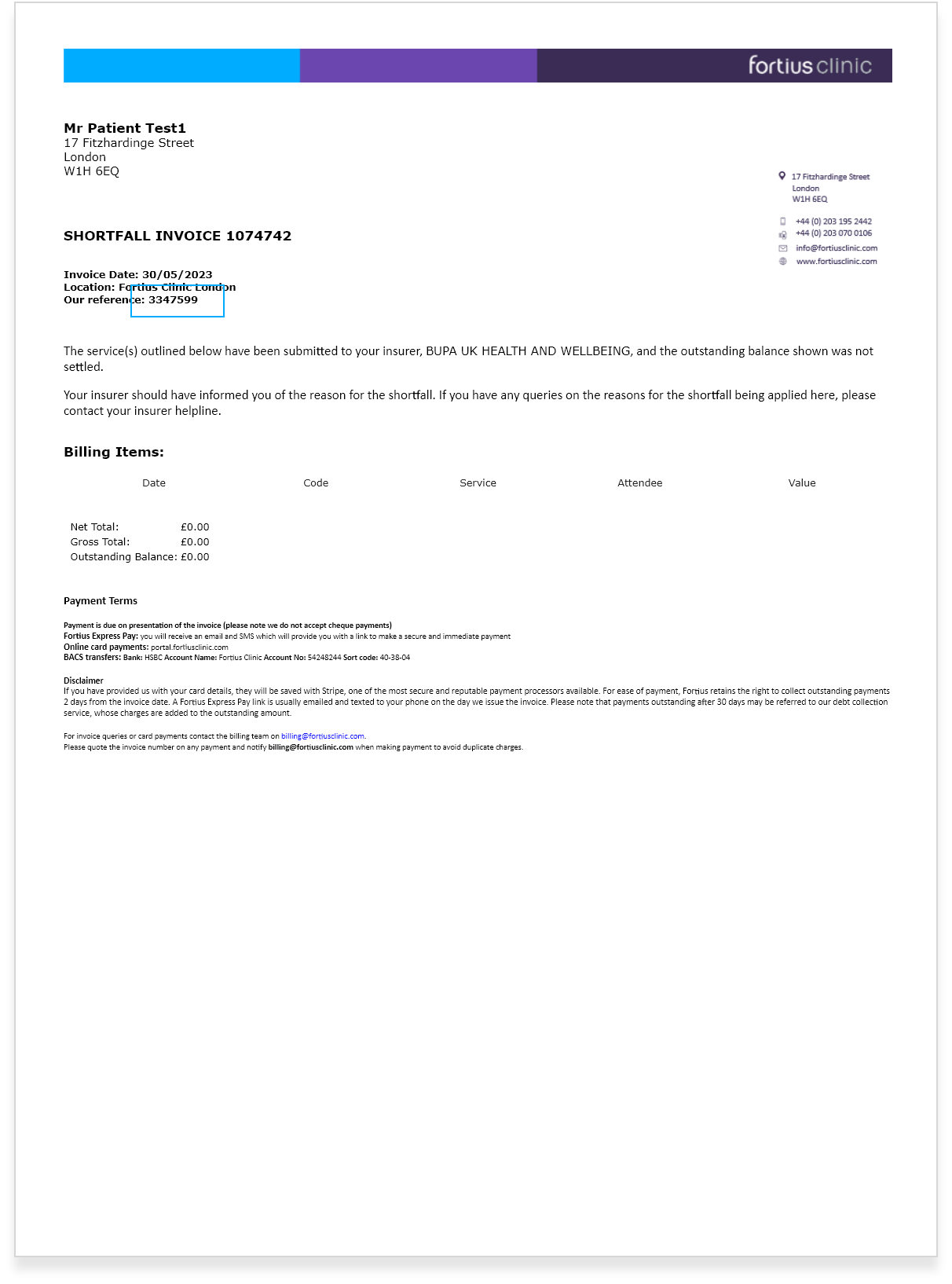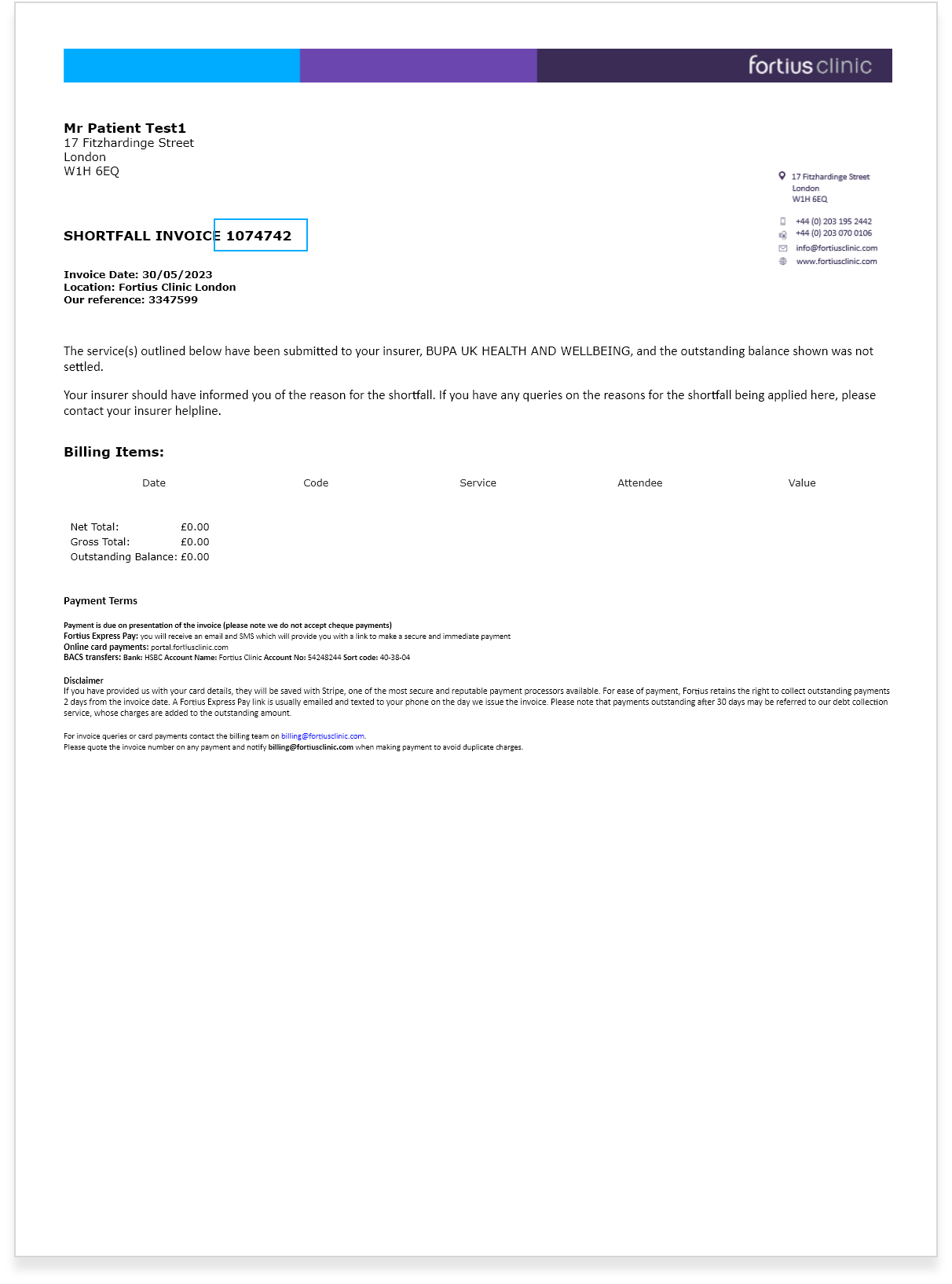As we live longer, how can we live better
14 June 2018
Lengthening life expectancy, often known as ‘life extension’, is one of the key goals of modern medical research. In 1900 the average life expectancy in the UK was 47 for a male and 51 for a female, whereas it has now risen to 81 years and a report from Public Health England (PHE), found that the life expectancy at older ages in England has risen to its highest ever level.
Now the goalposts have moved even further and much of this drive is coming from Silicon Valley where tech billionaires are moving into biotech to fix the ageing ‘problem’. Hedge fund manager Joon Yun has created a $1 million prize, known as the Palo Alto Longevity Prize ,challenging scientists to ‘hack the code of life’. Even Google has got into the game, creating the California Life Company, shortened to Calico, which has a mission to reverse engineer the biology that controls our given lifespan, as well as developing ‘interventions that enable people to lead longer and healthier lives’.
The ageing process is incredibly biologically complex, however, encompassing many hundreds of different processes so it is unlikely that a magic potion that cures all ageing ills will ever be discovered. Surely, then, the aim is to ensure that we live, or rather last, better as opposed to longer?
As Professor John Newton, Chief Knowledge Officer at PHE, commented on publication of their report in February: ‘People in England are living longer than ever and that makes achieving a good quality of life in later years even more important. Our current evidence shows that people are living longer but many are doing so in poor health.” And nowhere is that more evident than the state of our joints.
As we push them harder and expect them to support us for far longer than ever before, how can we ensure optimal joint health? Although arthritis might not
As Professor John Newton, Chief Knowledge Officer at PHE, commented on publication of their report in February: ‘People in England are living longer than ever and that makes achieving a good quality of life in later years even more important. Our current evidence shows that people are living longer but many are doing so in poor health.” And nowhere is that more evident than the state of our joints.
As we push them harder and expect them to support us for far longer than ever before, how can we ensure optimal joint health? Although arthritis might not be able to kill you, it has the potential to seriously undermine your health and wellbeing.
Why do our joints let us down?
Cartilage is the flexible, rubbery tissue that covers the ends of our bones and cushions our joints, allowing for a smooth range of movement. Either as a result of wear or due to injury or disease, the cartilage and other tissues in the joint can deteriorate resulting in osteoarthritis, a degenerative joint disease that causes increasing stiffness and pain and can eventually limit what you are able to do on a daily basis.
It is the most common form of arthritis, with 7.3 million people in England having sought treatment for osteoarthritis. This represents 33% of the population over 45, although when you view the figures affecting the older population then the numbers rise dramatically, with 49% of women and 42% of men aged 75 years or over having sought treatment.
Osteoarthritis can affect any joint in the body, but the most common are in the hands or in the weight-bearing joints of the hips and knees.
Prevention rather than cure
Your age is a common factor in developing osteoarthritis, however there are a number of other factors that can increase your likelihood and these are ones that you can control:
- Being overweight or obese; this puts a great amount of stress on the joints, particularly the hips and knees.
- Being inactive; this tends to be linked to being overweight but even being relatively slim and physically inactive can increase your risk.
- Being injured; trauma to the tissues in the joint, including the ligament, meniscus and cartilage, can increase the chance of developing osteoarthritis in later life.
Early intervention is key
Damaged cartilage can be repaired and there is much research ongoing into how to effectively regenerate cartilage tissue. At the Fortius Clinic we have specialists that focus on specific areas of the musculoskeletal system and they can provide the very latest techniques and technology to smooth damaged surfaces, repair injured cartilage or replace damaged tissue such as the meniscus.


